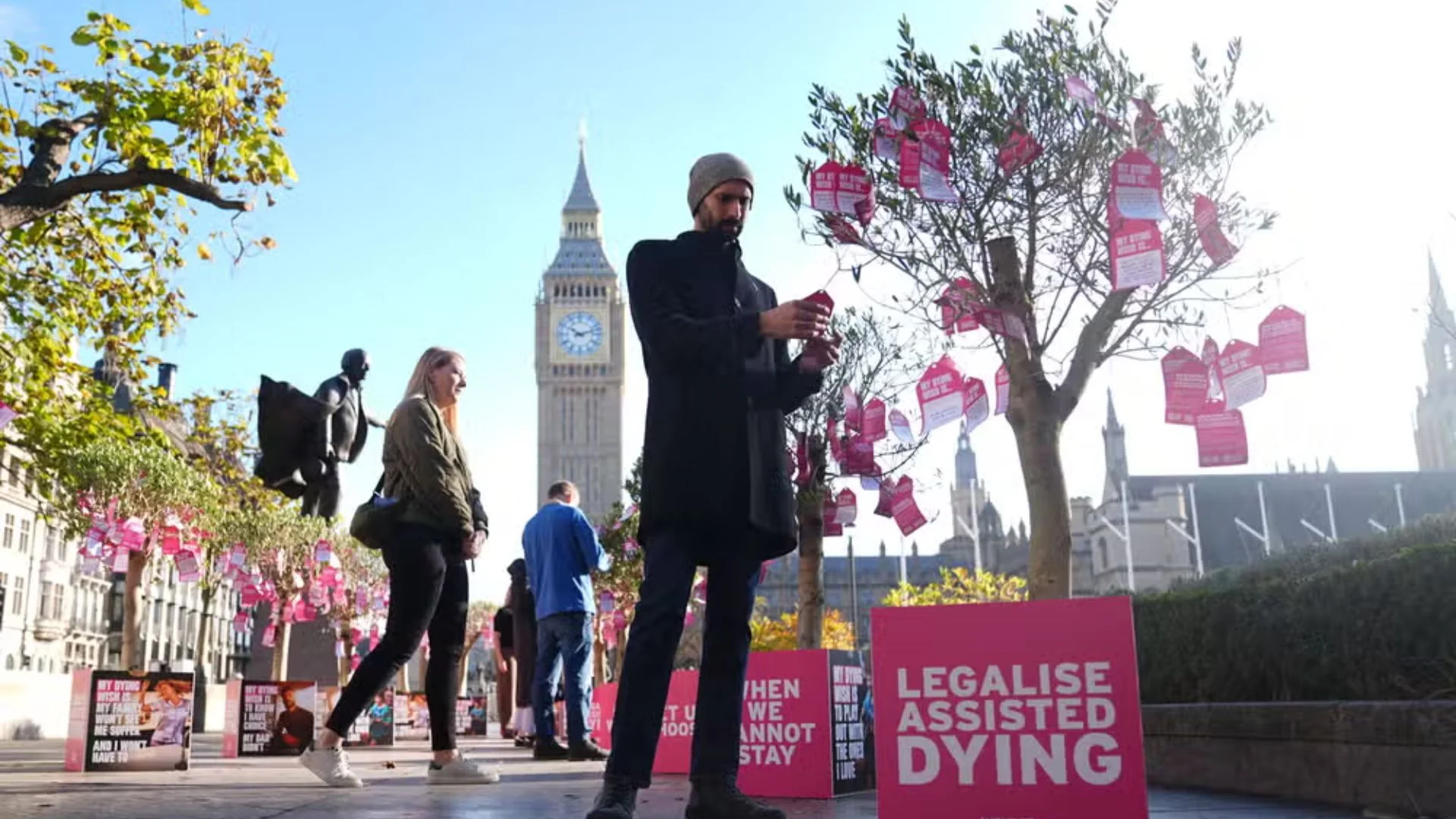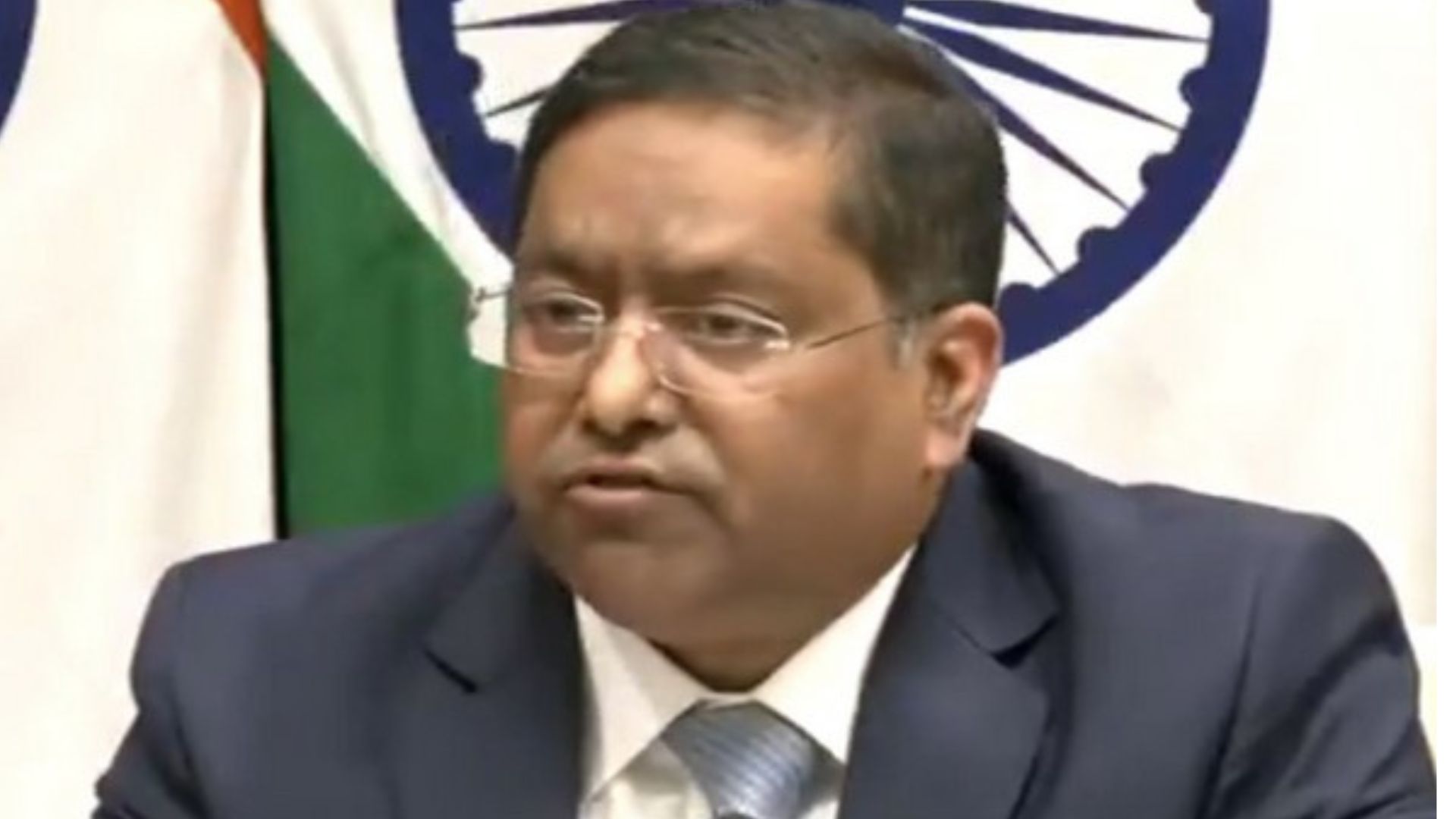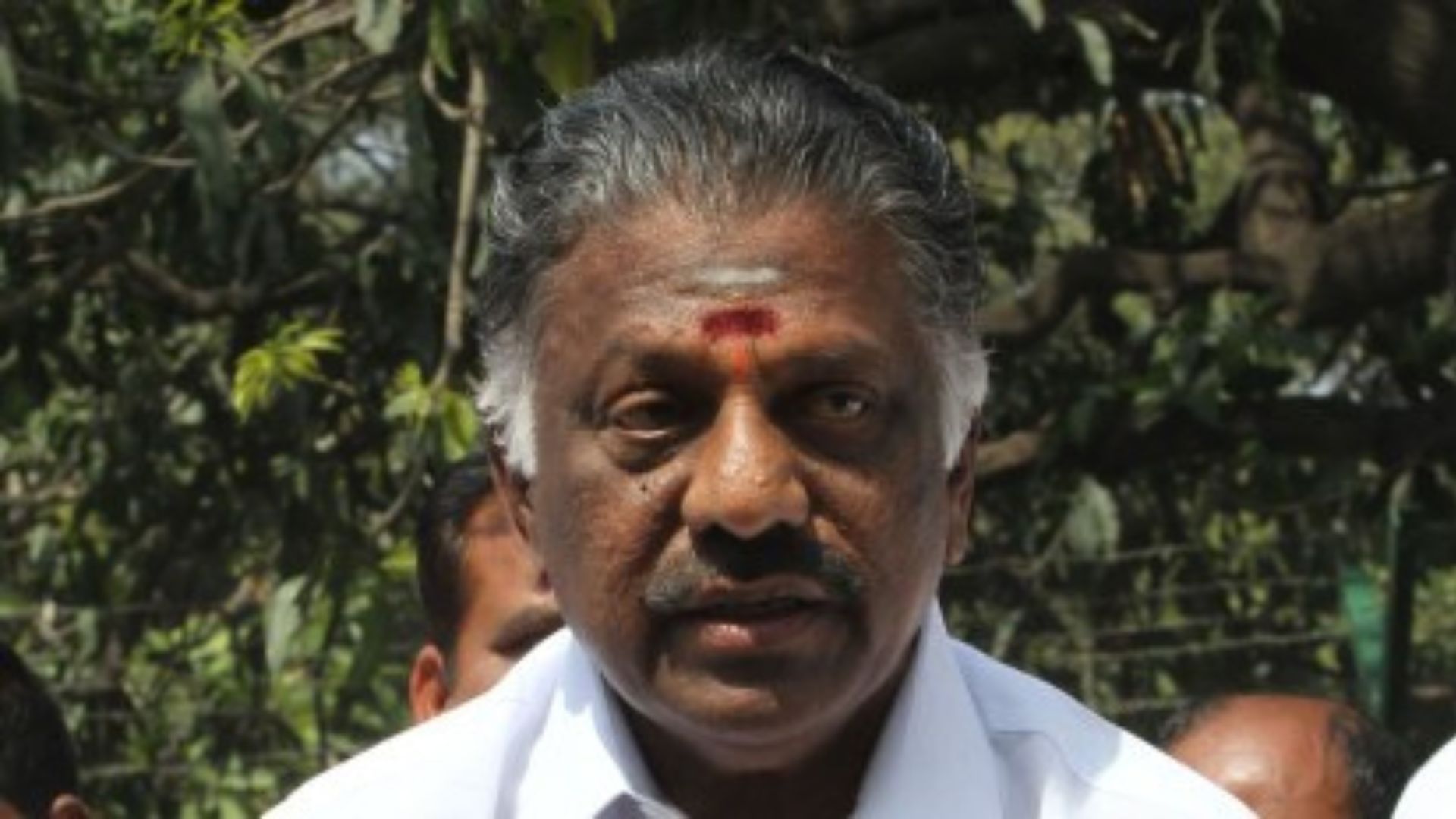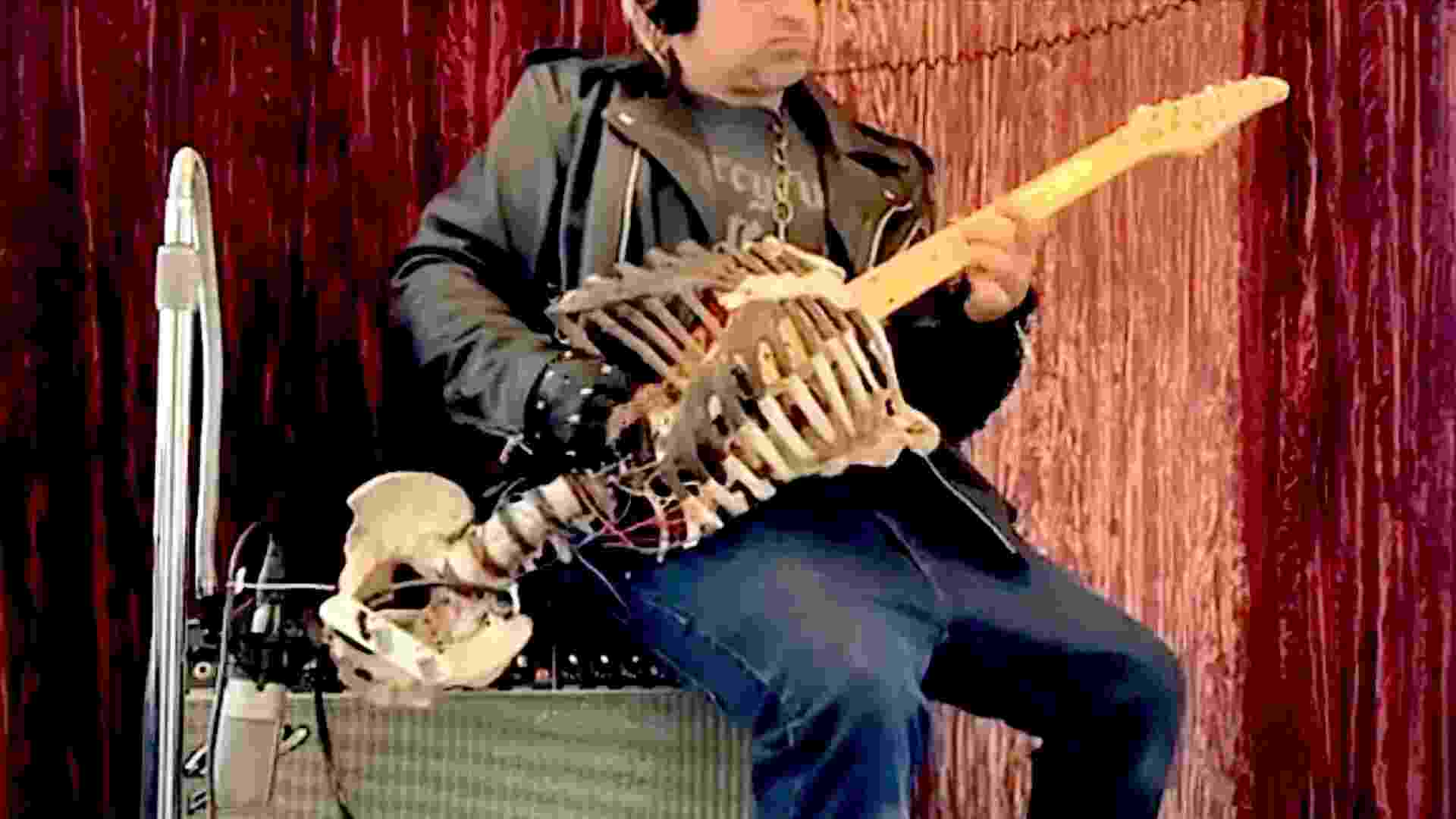
On Friday, Members of Parliament (MPs) will have the chance to vote on a bill to legalize assisted dying for terminally ill adults, with a close result expected due to the emotional and divisive nature of the issue. Here’s what to expect as MPs deliberate on this sensitive matter.
The second reading of the “Terminally Ill Adults (End of Life) Bill” will take place, marking the first opportunity for MPs to discuss and vote on the proposed legislation. The bill, introduced by Labour MP Kim Leadbeater, aims to legalize assisted dying for adults diagnosed with a terminal illness who are expected to live for six months or less. To be eligible, individuals must have the mental capacity to make the decision to end their life, with strict safeguards in place.
The second reading is the first substantive debate on the bill, with a five-hour discussion scheduled, followed by a vote at 2:30 pm. While 160 MPs have expressed an interest in speaking, time constraints mean not all will be able to contribute.
This is a “private member’s bill”, which means it is not government-sponsored but has been proposed by an individual MP. Private members’ bills often struggle to make it through parliament, but after a parliamentary ballot, Kim Leadbeater, who won the September draw, selected assisted dying as her topic. MPs will vote freely, without party influence, allowing each MP to decide for themselves.
The outcome of Friday’s vote will determine the future of the bill. If MPs vote against it, the bill will be effectively killed, with the prospect of future efforts on assisted dying pushed further into the future. The last attempt to change the law was in 2015.
However, if the bill passes, it will move on to the next stages of scrutiny, which will include committee and report stages. These will allow for amendments to be made before the bill is put to a final vote. If successful in the Commons, it will then proceed to the House of Lords. The process could take several months, with the earliest possible action expected next April.
In the UK, major social reforms often stem from private members’ bills, with the “1967 Abortion Act” being a key example. Given the contentious nature of assisted dying, a government bill would face significant opposition, particularly from senior cabinet ministers such as Health Secretary Wes Streeting and Justice Secretary Shabana Mahmood, both of whom strongly oppose the measure.
The outcome remains uncertain. Many MPs are still undecided, and without a government whip to influence votes, the result is expected to be very close. Proponents are urging MPs to vote for the bill at the second reading, stressing that this would simply allow more time for scrutiny rather than a final commitment to the bill.
The vote on Friday will be a critical moment in the ongoing debate over assisted dying, with MPs facing pressure to make a decision that could shape the future of the law for years to come.














